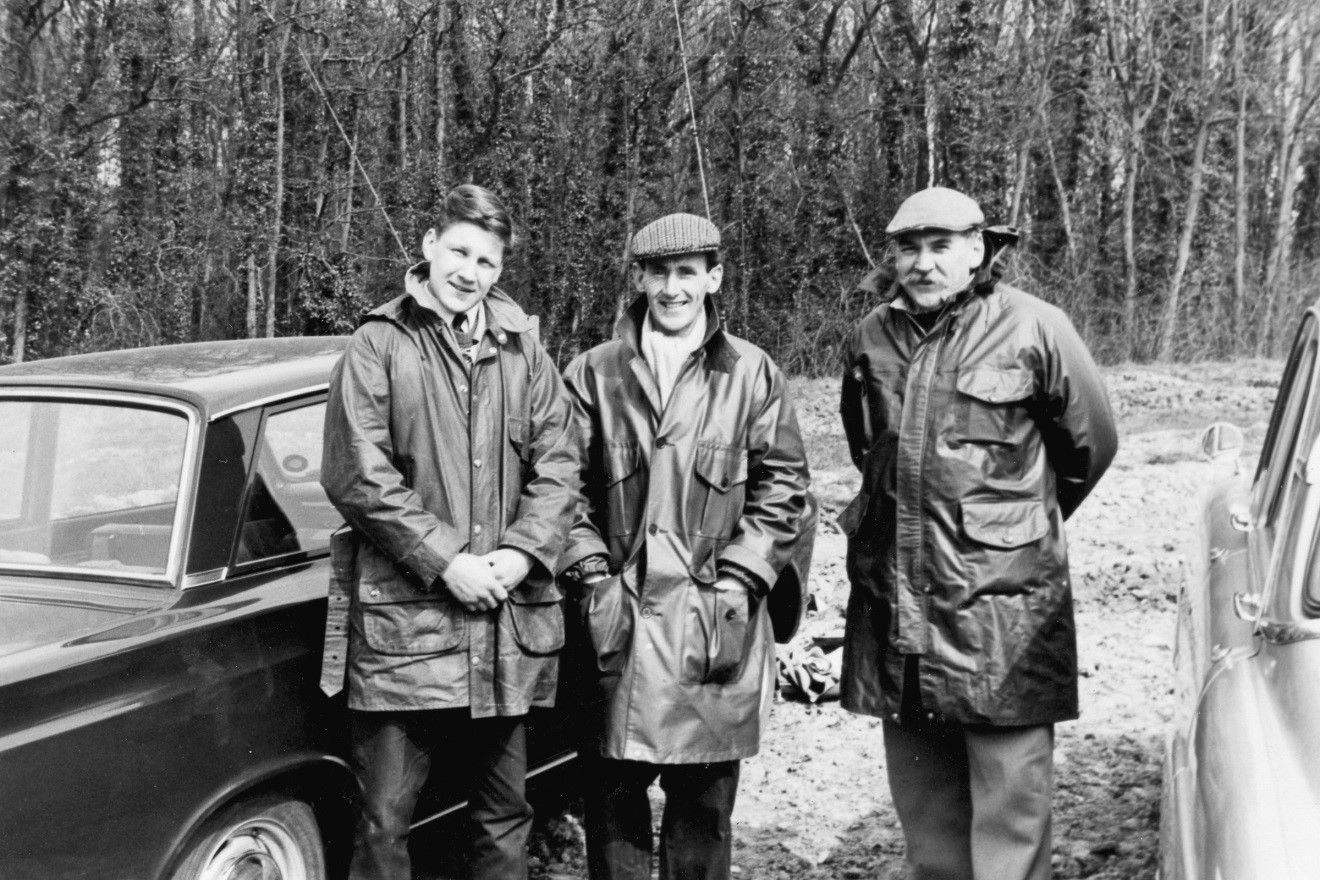Company accused of making “facetious excuses” to stop fishing at city reservoirs
A 100-year-old fishing tradition at Llanishen and Lisvane reservoirs is set to end when they reopen in 2023, following a decision by Welsh Water.
After securing a 999-year lease on the venues, Welsh Water has made plans for various recreational activities including sailing, kayaking, canoeing, paddleboarding, windsurfing and boating, but not fishing.
This has caused despair at the Cardiff Reservoir Fly Fishing Club (CRFFC) who have fished the reservoirs since their formation in 1948.
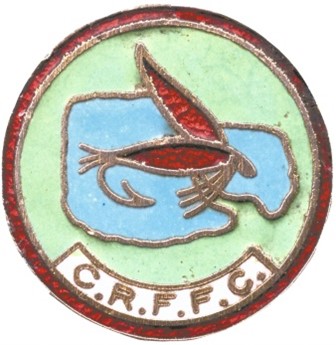
Club Secretary Jeffrey Wilson said: “It’s a terrible shame to be losing such a fabulous fishing facility in Cardiff.
“We have been fighting for fishing at these reservoirs since 2004 when they turfed us off at short notice. But since then, our membership has dwindled from 250 members down to about 20 or 25.”
Mr Wilson says Welsh Water normally give two reasons explaining why they aren’t allowed to fish on the reservoirs.
Firstly, that casting a fly is dangerous to the public, and secondly, the site is a Site of Special Scientific Interest (SSSI) and fishermen will damage the ecosystem.
But Mr Wilson says: “There is no evidence that casting a fly has ever hurt a member of the public. If this was the case, we would fish from a boat anyway.
“As for the SSSI, they say they don’t want us trampling on the rare fungi, but we’ve been trampling on it for 60 years and it’s still there.
“They (Welsh Water) are making facetious excuses to stop the fishing.”
Llanishen and Lisvane reservoirs have been fished since 1910, when a season ticket cost one guinea, about £82 in today’s money.
For the next 94 years, anglers enjoyed catching trout from one of Wales’ most productive fisheries. On warm evenings, 40 or 50 people could be seen fishing.
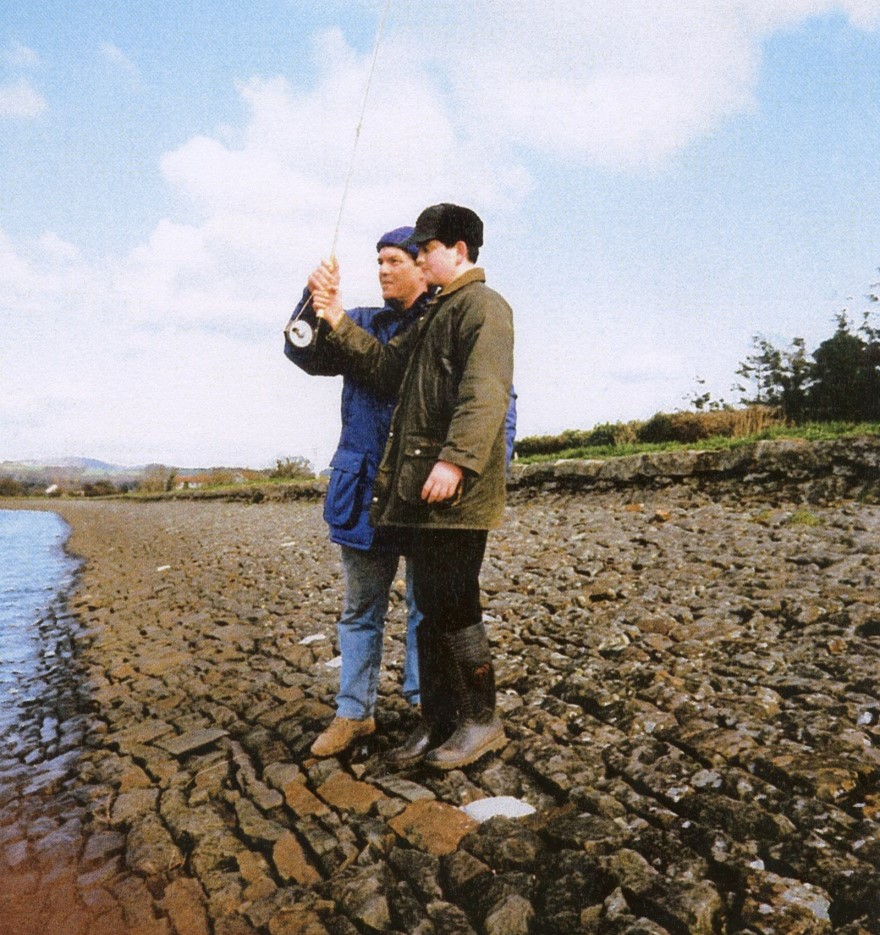
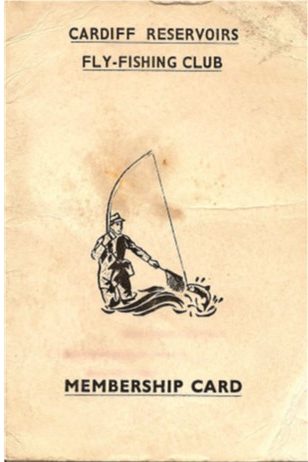
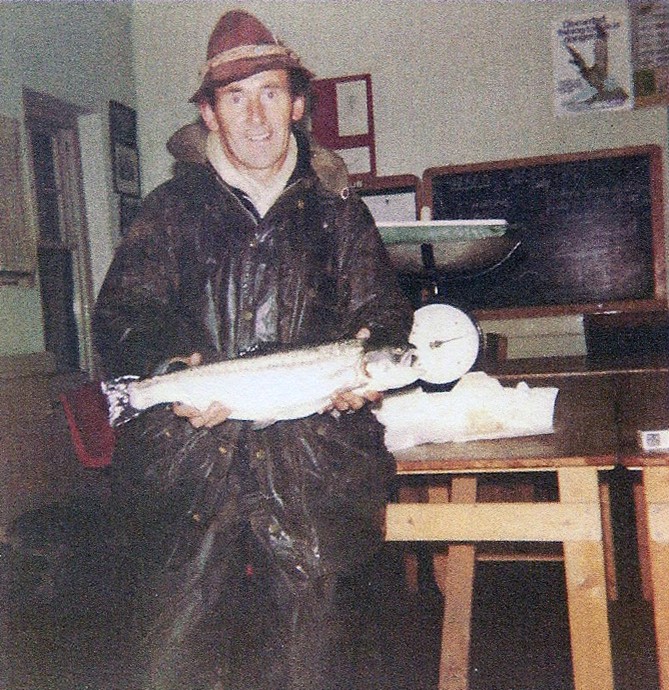
But in 2004 Western Power Distribution bought the site from Hyder (part of Welsh Water when it was a private company) with the intention of building 324 houses on it.
As a result, fishing was banned and fences were erected to keep people out.
The former President of CRFFC Fred Davies, who died last year, recalled in his book “Cardiff Reservoirs Fly Fishing Club – A Brief History” the ‘farcical’ treatment his club faced in the early 2000’s from both companies as his letters and appeals went unanswered.
Mr Davies, who made it his life’s work to get fishing reinstated, accused the company’s officials of being”deceitful and underhanded” in their dealings with the fly fishing club.
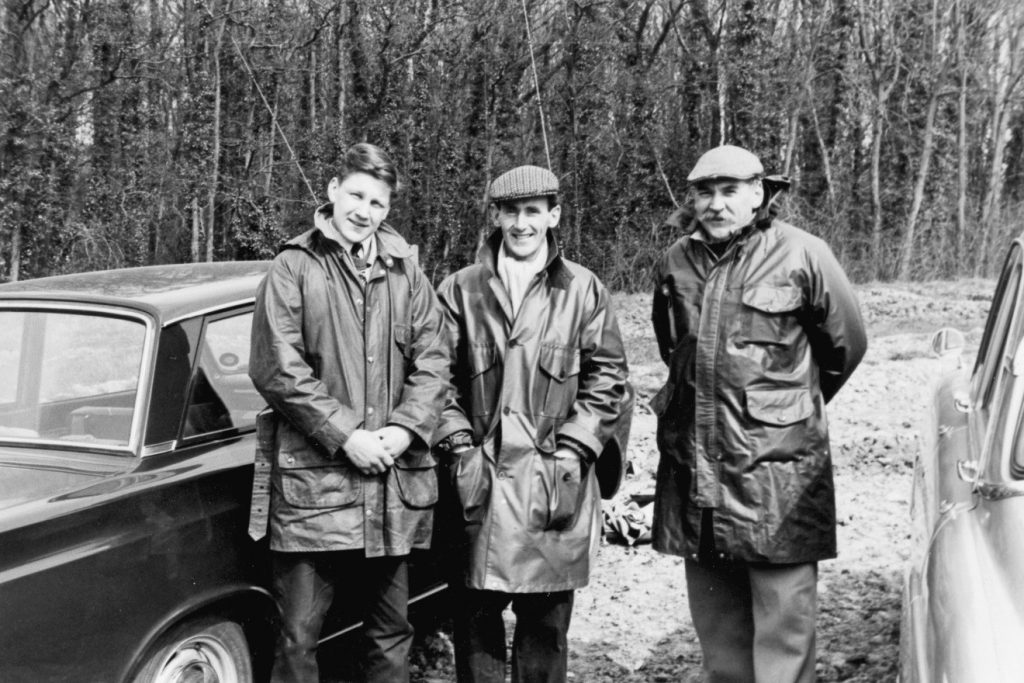
A battle to save the reservoirs from development was successful and Welsh Water acquired the site in 2016 with plans to “provide an area in our vibrant capital where people can reconnect with water and our beautiful environment”.
Many locals hoped this might mean a return of the reservoir’s oldest recreational activity – fishing.
Thornhill fisherman Adam Jones, 31, says: “I definitely think they should restart fishing for multiple reasons. Fishing is a great way for a lot of people to deal with their mental health, get out of the house or just relax.”
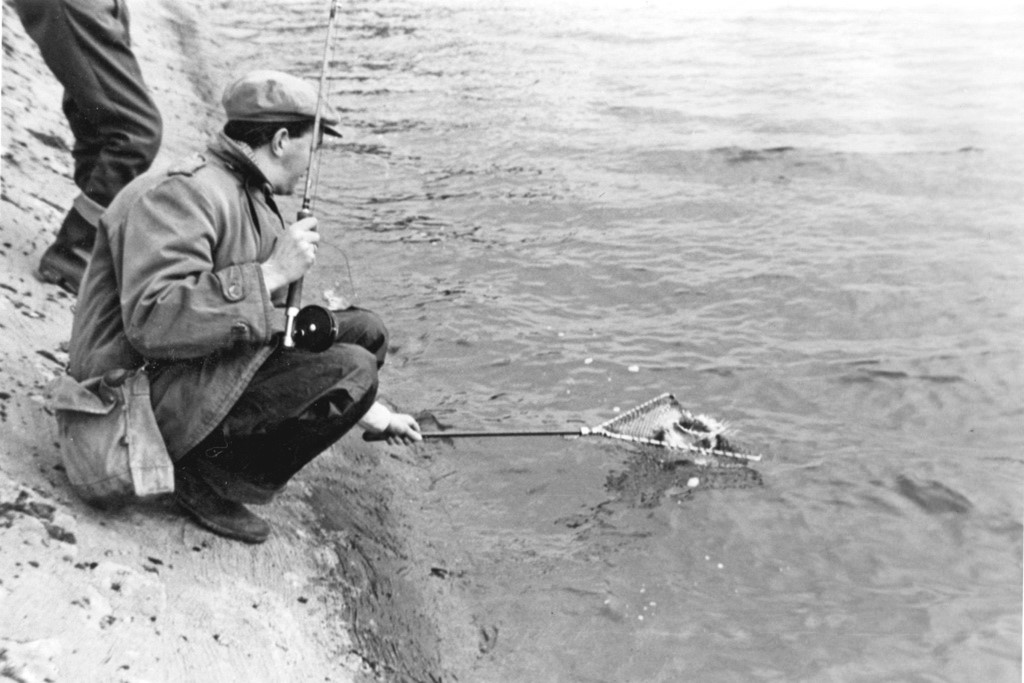
Rhys Matthews, 36, would also like to see fishing reintroduced.
“It would be great to open the reservoirs to fly fishing as there are no other stillwaters in Cardiff and the next closest is Ynysyfro in Newport but that has been closed for two years by Welsh Water,” said the Cardiff angler.
Another Welsh Water-owned fishery called Wentwood Reservoir, near Newport, was closed and drained in 2017 for repairs casting doubt on fishing prospects.
Welsh Water owns 91 reservoirs varying in size and manages the single largest group of stillwater trout fisheries in the UK. The company has repeatedly spoken about ‘returning Llanishen and Lisvane reservoirs to their former glory’.
Welsh Water has been approached for comment.


